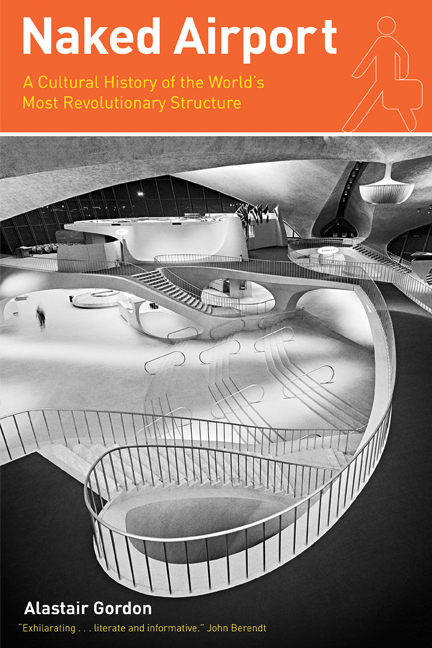The good, the bad, and the naked

In a contest based on the results of 8.6 million passenger surveys covering 190 airports, South Korea’s Incheon International Airport emerged today as the winner of the World Airport Awards, which aim to evaluate traveler experiences in 39 different areas, from check-in and arrivals to departure at the gate.
The BBC reports, for example, that “Dubai had the best duty free shopping; Hong Kong the best dining; Helsinki the best baggage delivery, and Kansai in Japan the ‘cleanest airport washrooms.'”
The stark practicality of such rankings underscores the difference between today’s airports and their earlier cousins, which were once the backdrops for jet-setters who strutted, martinis in hand, through curvilinear terminals designed by Eero Saarinen. In Naked Airport, his cultural history of the airport, Alastair Gordon traces the institution’s many incarnations from its origins in the muddy fields of flying machines to its role in the fight against international terrorism.
If you’re unlucky enough to be stuck on your next trip in one of the many global airports not lauded for their quick check-in times or great duty-free shopping, a copy of Naked Airport is sure to offer a bit of solace—or at least a needed reminder that the place where you’ve been waiting for what seems like forever is itself an intriguing part of modern history that has profoundly changed our sense of time and space.